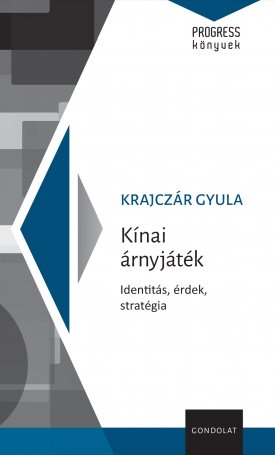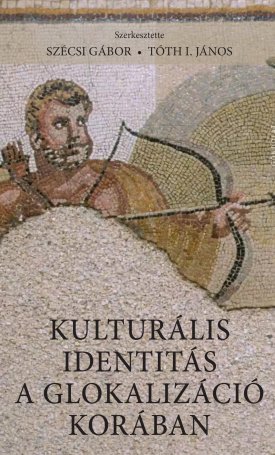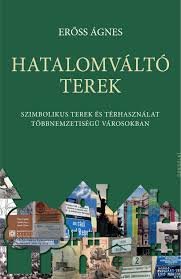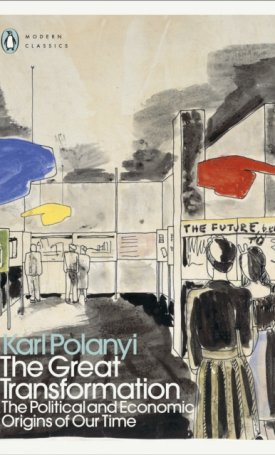Constitution for a Disunited Nation - On Hungary`s 2011 Fundamental Law
-10%
10 990 Ft
9 891 Ft
Előrendelés(Bejelentkezés szükséges)
A kedvezményes árak kizárólag a webshopunkon keresztül leadott megrendelésekre érvényesek!
Constitution for a Disunited Nation - On Hungary`s 2011 Fundamental Law
More than two decades after the post-communist constitutional transition, Hungary got into the spotlight again. As a result of the 2010 elections, the governing majority gained two-thirds of the seats in parliament, which made constitutional revision exceptionally easy, bypassing extensive political and social deliberations. In April 2011, on the first anniversary of the 2010 election, a brand new constitution was promulgated, named the Fundamental Law.
This collection is the most comprehensive account of the Fundamental Law and its underlying principles. The objective is to analyze this constitutional transition from the perspectives of comparative constitutional law, legal theory and political philosophy. The authors outline and analyze how the current constitutional changes are altering the basic structure of the Hungarian State. The key concepts of the theoretical inquiry are sociological and normative legitimacy, majoritarian and partnership approach to democracy, procedural and substantive elements of constitutionalism. Changes are also examined in the field of human rights, focusing on the principles of equality, dignity, and civil liberties.
Contents: Contributors; Preface and Acknowledgments; Introduction: From the 1989 Constitution to the 2011 Fundamental Law János Kis I. Legitimacy What Democracy Is? Ronald Dworkin; Regime Change, Revolution and Legitimacy Andrew Arato; Constitution-Making, Competition and Cooperation Zoltán Miklósi; II. History and Community A Sacred Symbol in a Secular Country: The Holy Crown Sándor Radnóti; From “We, the People” to “We the Nation” Zsolt Körtvélyesi III. Human Rights Human Dignity: Rhetoric, Protection and Instrumentalisation Catherine Dupré; Equality: The Missing Link Kriszta Kovács; Freedom of Religion and Churches: Archeology in a Constitution-making Assembly Renáta Uitz IV. Institutional Design From Separation of Powers to a Government without Checks: Hungary’s Old and New Constitutions Miklós Bánkuti, Gábor Halmai and Kim Lane Scheppele; Between Revolution and Constitution: The Roles of the Hungarian Constitutional Court Christian Boulanger, Oliver W. Lembcke; Governance, Accountability and the Market Márton Varju V. European Perspectives No New(s), Good News? The Fundamental Law and the European Law András Bragyova; Trees in the Wood: The Fundamental Law and the European Court of Human Rights Jeremy McBride VI. Appendix The Fundamental Law of Hungary; Transitional Provisions of the Fundamental Law; First Amendment of the Fundamental Law; Opinion on the Fundamental Law of Hungary (Amicus Brief) Edited by Andrew Arato, Gábor Halmai and János Kis; Opinion on the New Constitution of Hungary: European Commission for Democracy Through Law ( Venice Commission); Bibliography; Index
“This is an excellent volume which deserves a wide readership, beyond specialists in Hungarian or European law and politics. Its theoretical chapters are important contributions to discussions about transitions to and, especially, away from constitutionalism. The careful legal analyses in the latter part of the book show how what at first glance may look like a fine liberal-democratic constitution in fact contains deeply illiberal elements and potentially disables democracy. Given that many enemies of liberal democracy nowadays are eager to present themselves as good liberals or flawless democrats, such analyses are particularly valuable.”—Jan-Werner Müller, Professor of Politics, Princeton University, author of Contesting Democracy: Political Ideas in Twentieth-Century Europe
“Constitutionalism as a democratic practice to safeguard human rights can never be taken for granted. This book takes constitutionalism seriously — it is a guiding light for Hungary and beyond, and a forceful, enlightened intervention in complicated political times.”— Susanne Baer , Justice, Federal Constitutional Court of Germany
“The title of the book says it all: a sad and dispiriting story about the ways in which the constitution of a modern state in the heart of Europe divides instead of integrates, excludes rather than includes, and entrenches the position of electoral victors rather than embracing all political competitors within an overarching constitutional framework. The story is told in different voices, from different perspectives, and with varying degrees of emotion, by the very best scholars in the field. For students of law and politics there is a powerful and universally applicable cautionary tale about the mistakes to be avoided and temptations to be resisted by a government if it wins an election and secures a constitution-changing majority.”— Wojciech Sadurski , Challis Professor of Jurisprudence, University of Sydney
















